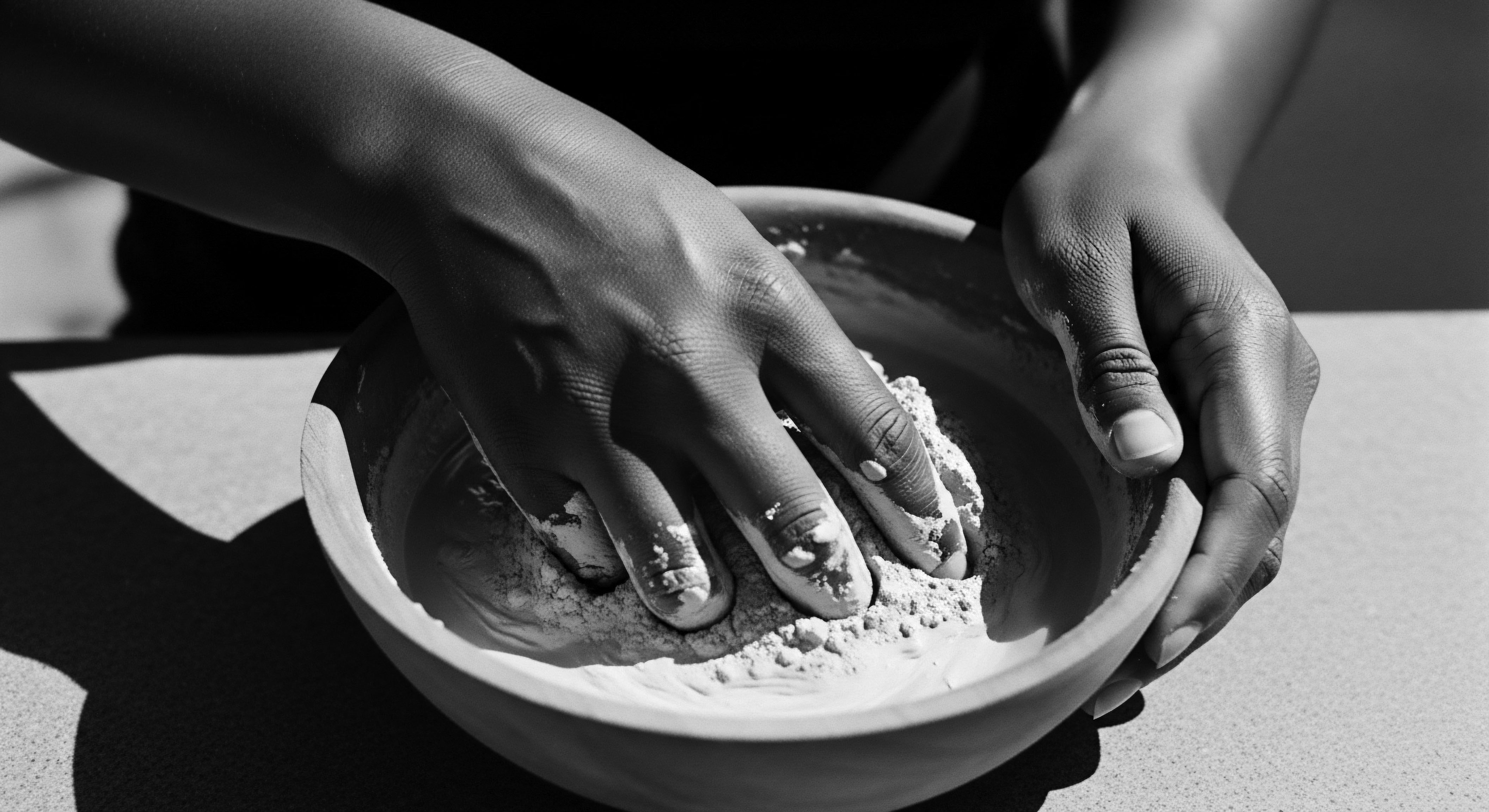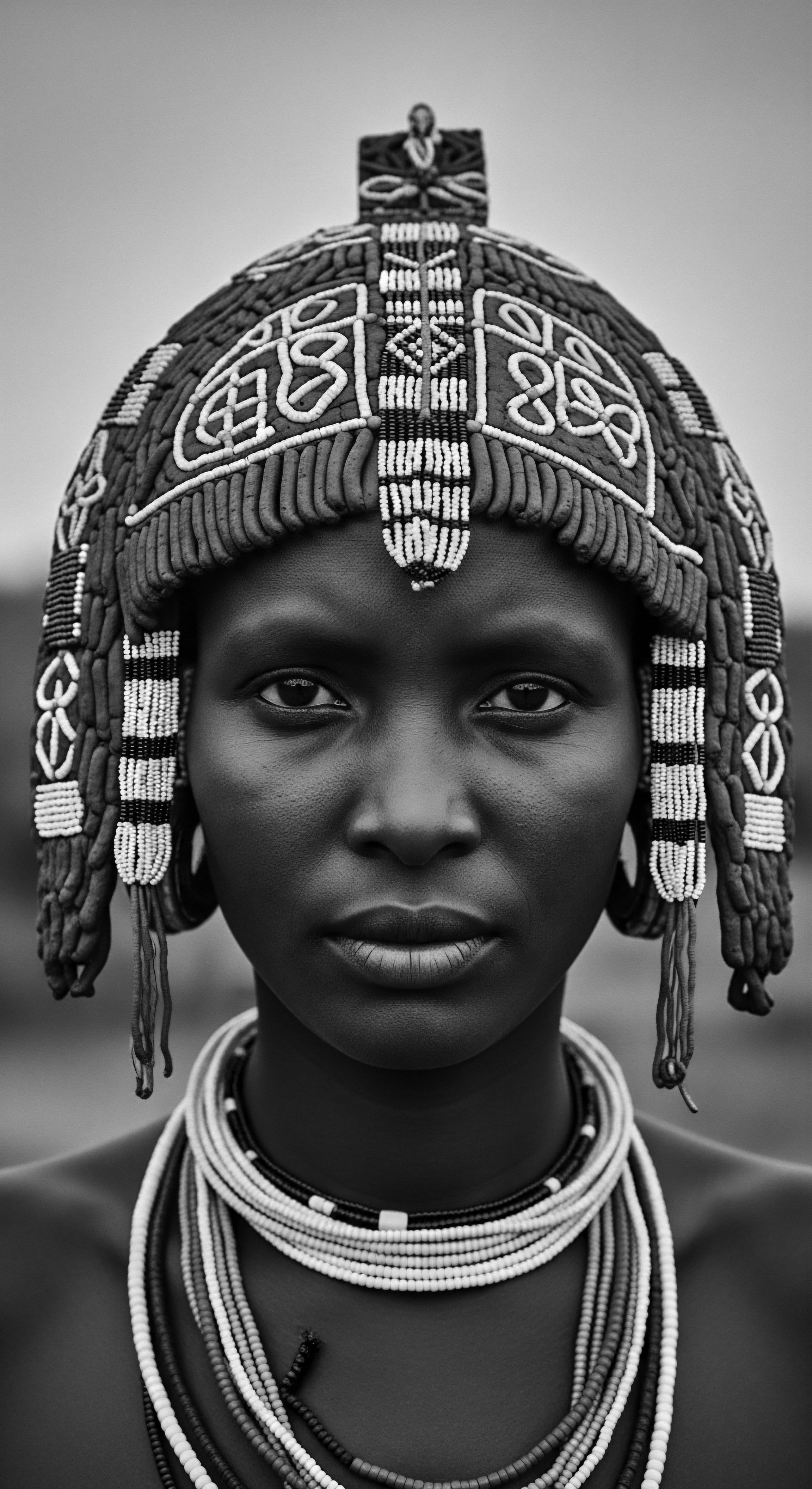
Wigs Kemet
Meaning ❉ Wigs Kemet is the ancestral archetype of hair care and adornment from ancient Egypt, deeply informing textured hair heritage.
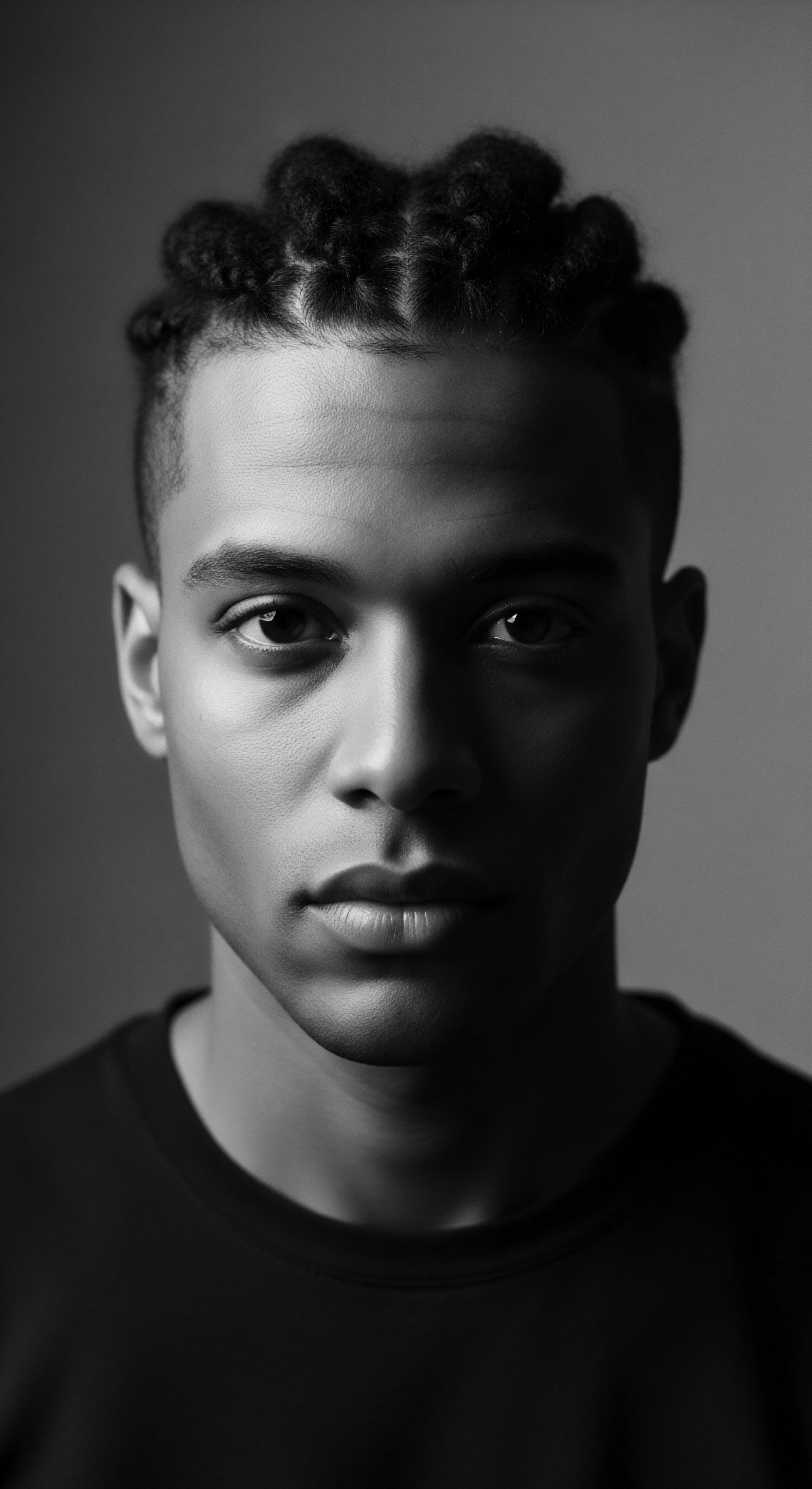
Textured Hair Density
Meaning ❉ Textured Hair Density signifies the number of hair strands per scalp area, reflecting visual fullness and cultural heritage in textured hair.
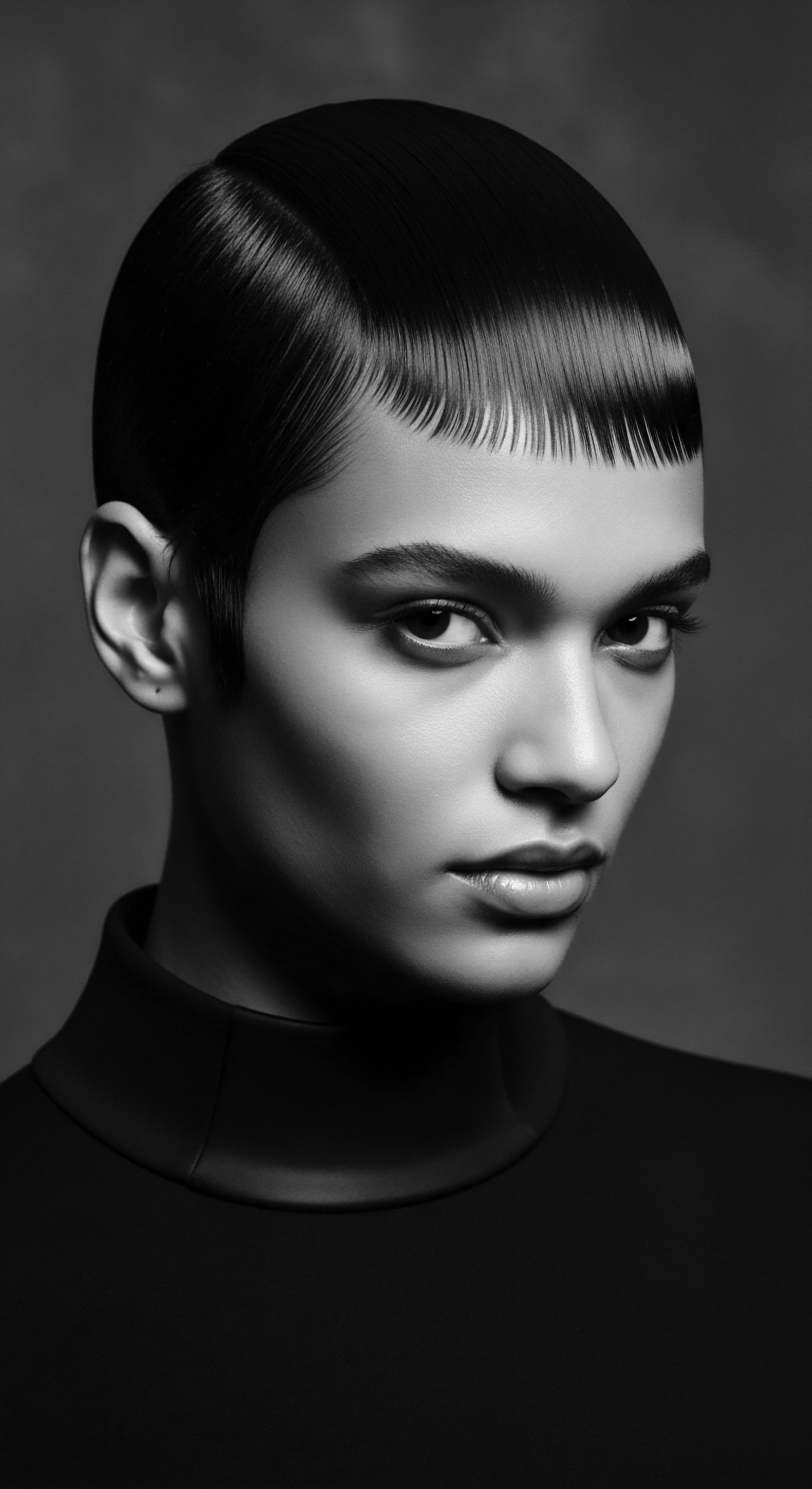
How Did Traditional Butters Aid Ancient Styling?
Traditional butters nourished, protected, and provided hold for ancient styling, reflecting deep textured hair heritage and ancestral ingenuity.
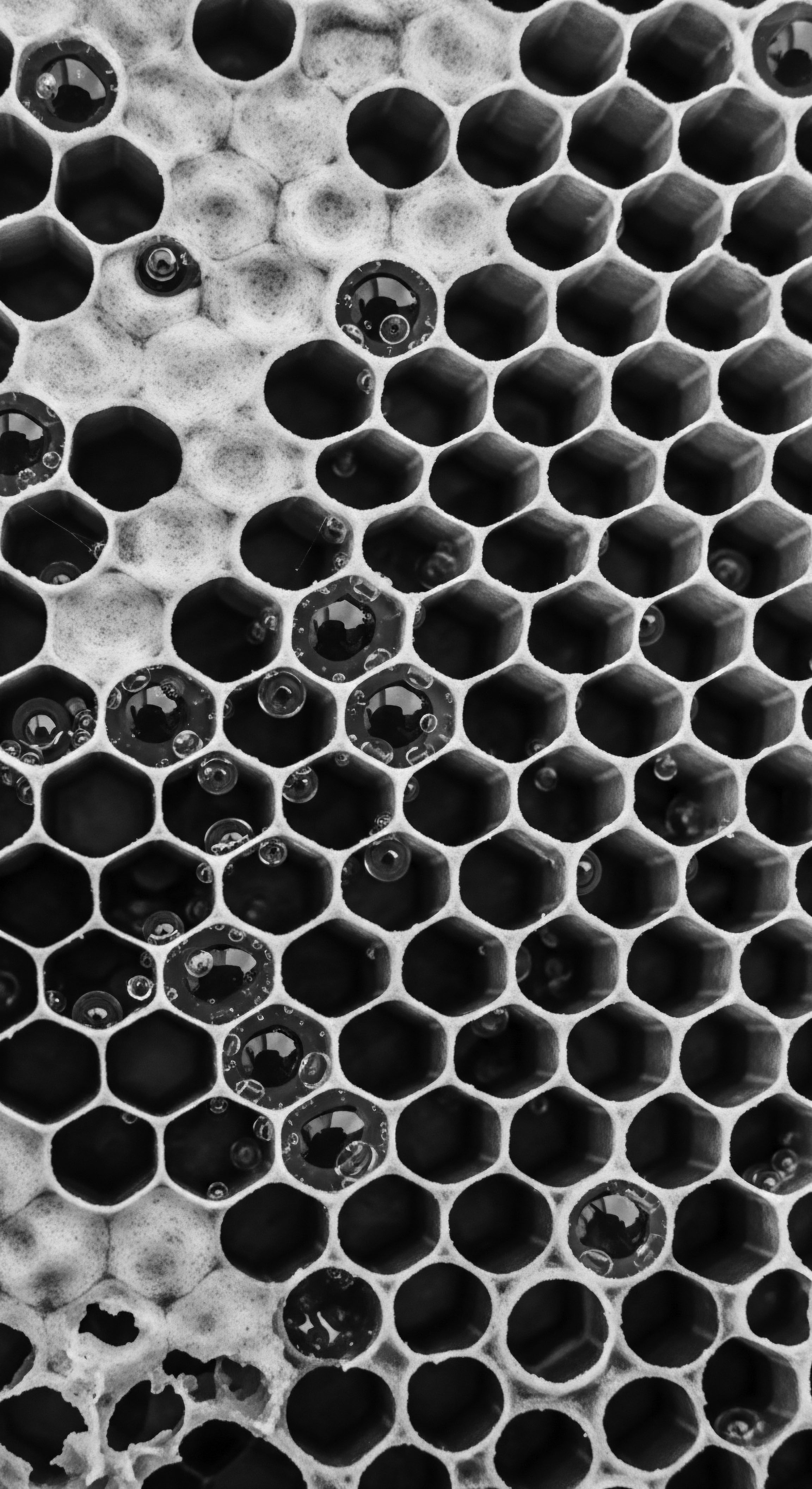
Hydrophobic Interactions Hair
Meaning ❉ Hydrophobic Interactions Hair defines the water-repelling nature of hair, crucial for the health and resilience of textured strands and honored in ancestral care practices.
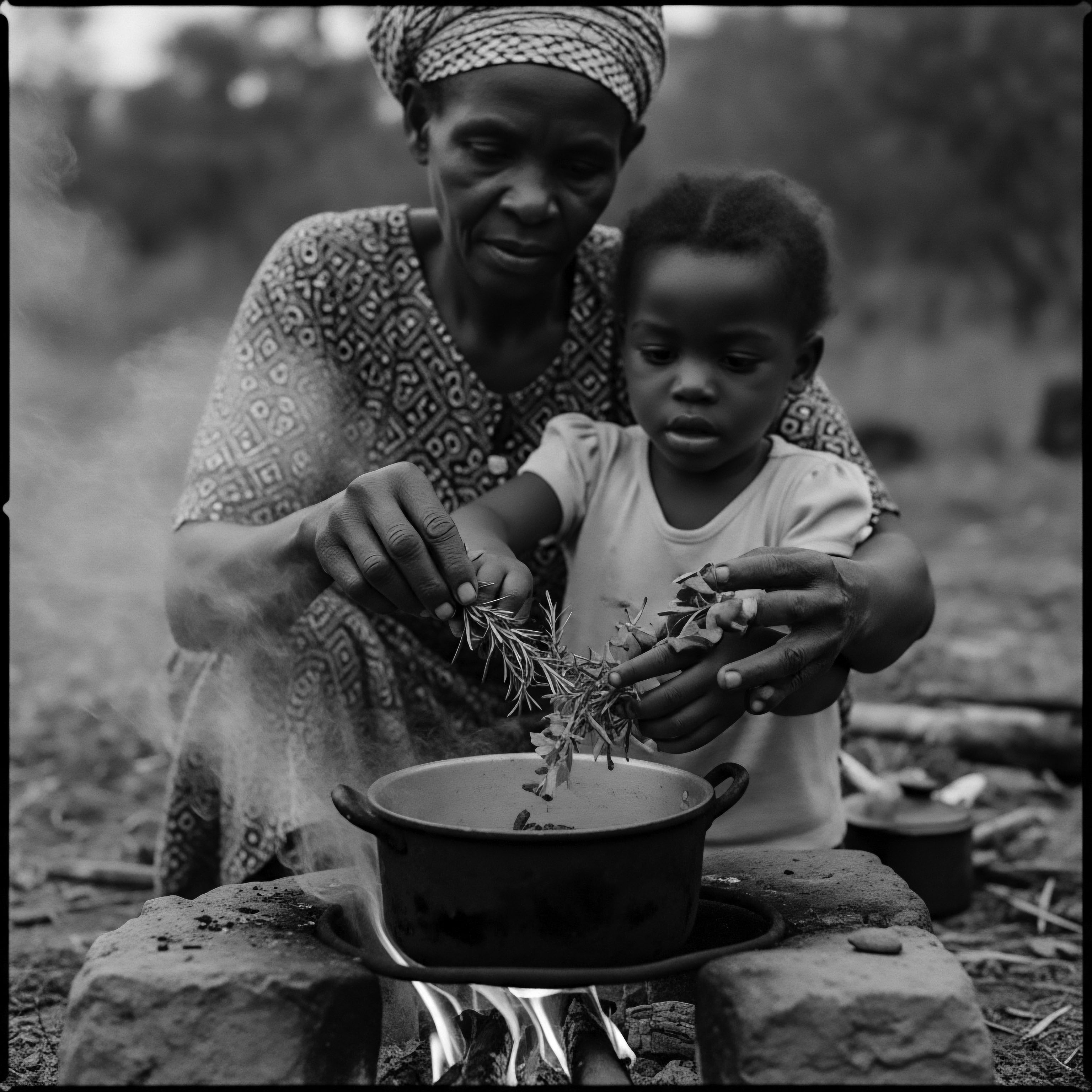
Earth Gifts
Meaning ❉ Earth Gifts denote natural resources and ancestral knowledge used across generations for the holistic care and adornment of textured hair.
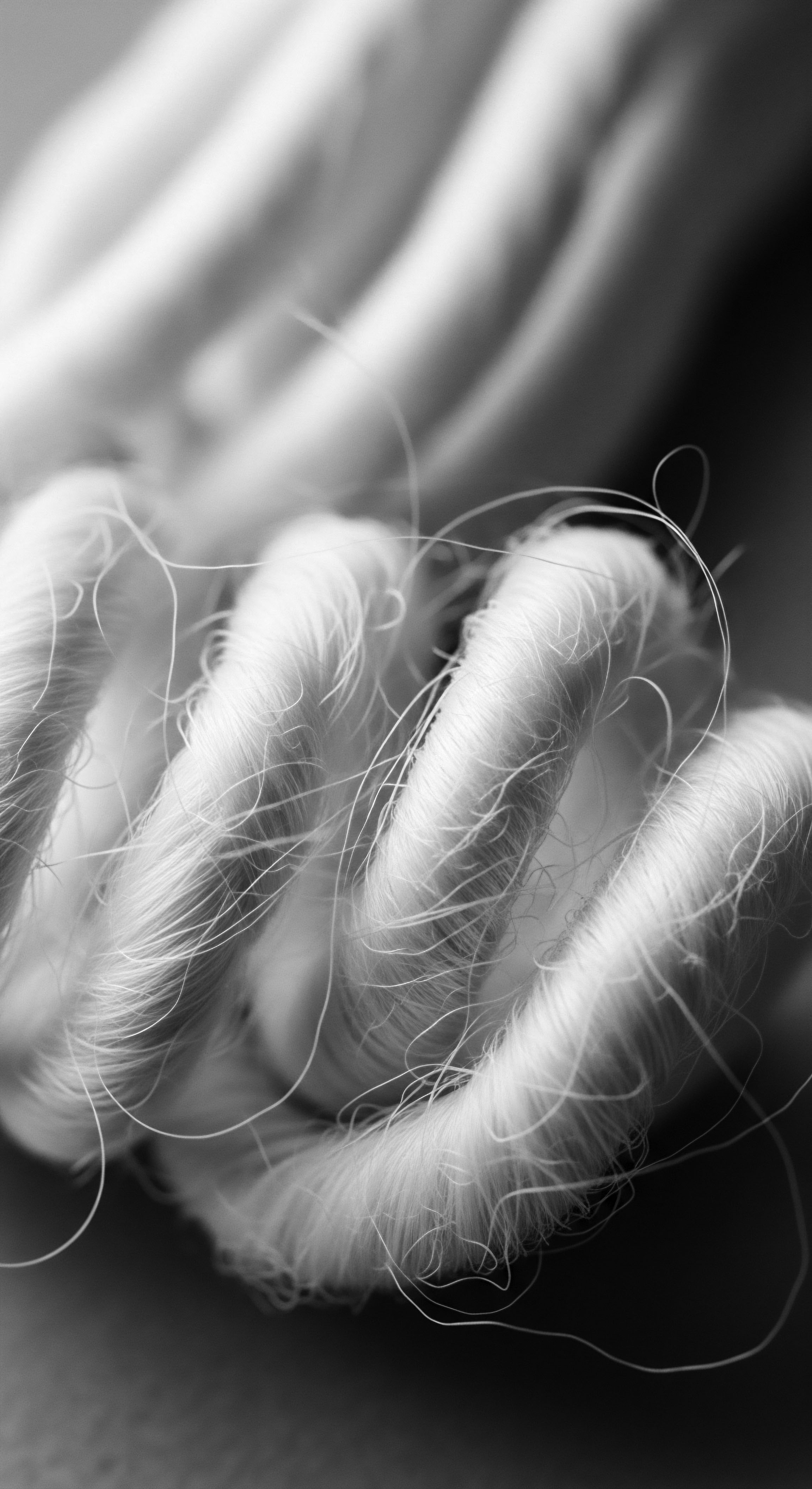
What Historical Botanical Practices Still Shape Modern Textured Hair Care Routines?
Historical botanical practices offer foundational knowledge for modern textured hair care routines, preserving ancestral wisdom.

What Traditional African Plants Are Used for Textured Hair Nourishment?
Traditional African plants offer deep nourishment, drawing on ancestral wisdom to enhance the strength and vitality of textured hair.
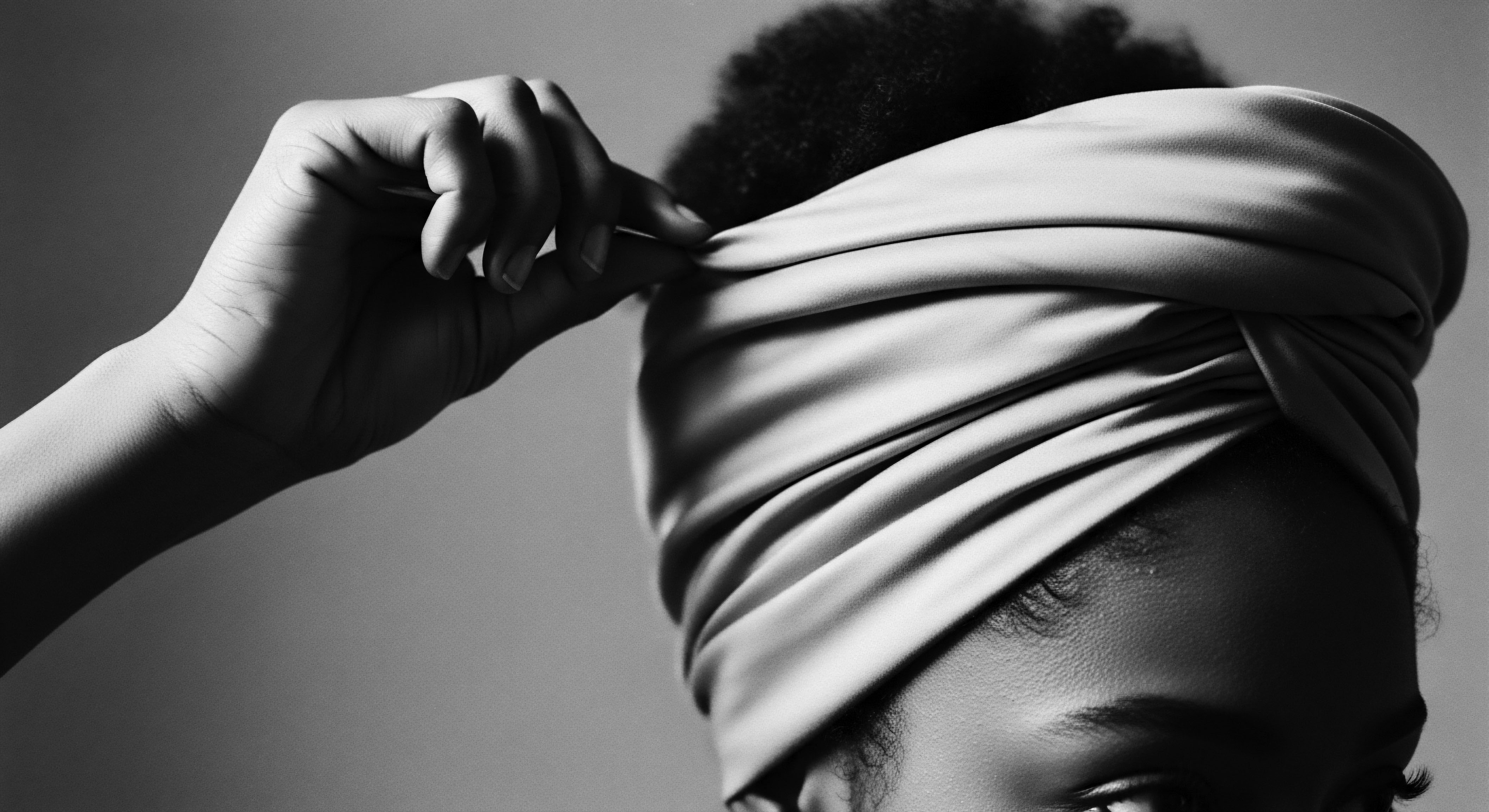
How Did Ancient African Communities Use Natural Oils for Hair?
Ancient African communities used a diversity of natural oils to nourish, protect, and adorn textured hair, reflecting deep cultural heritage.

